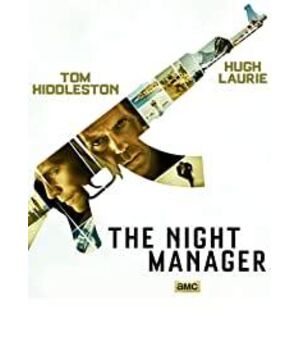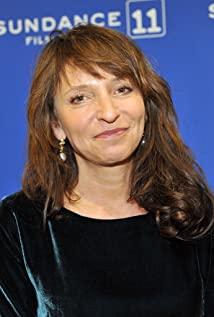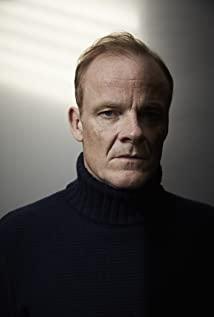I loved you, thought Jonathan uselessly. Meet your past-tense lover.
I loved you but betrayed you instead, to a pompous British spy I didn't even like.
Because I was on his little list of people who would always do their bit when the bugle went.
Because I was One of Us—Us being Englishmen of self-evident loyalty and discretion. Us being Good Chaps.
I loved you but never quite got around to saying so at the time.”
Sophie the characterization.
"This iS the I Brought the WHERE HIM," SHE (Pic). One Side of HER iS ridiculously Swollen Mouth. She Speaks through a Hole in at the OTHER Side.
"Why?" says Jonathan, meaning: Why are you now bringing me? "
'Look at these people, Freddie,' I told him.'Each time someone sells weapons to another tin-pot Arab tyrant, these people starve a little more . Do you know the reason? Listen to me, Freddie. Because it is"
“more fun to have a pretty army than to feed the starving. You are an Arab, Freddie. Never mind that we Egyptians say we are not Arabs. We are Arabs. Is it right that your Arab brothers should be the flesh to pay for your dreams?'"
"I see," says Jonathan, with the embarrassment of an Englishman when faced with political emotion.
"'We do not need leaders,' I said.'The next great Arab will be a humble craftsman. He will make things work and give the people dignity instead of war. He will be an administrator, not a warrior. He will be like you, Freddie, as you could be if you grew up.'"
"What did Freddie say?" says Jonathan. Her smashed features ac"
"accuse him every time he looks at them. The bruises round her eyes are turning to blue and yellow.
"He told me to mind my own business." He catches the choke of fury in her voice, and his heart sinks further. "I told him it was my business! Life and death are my business! Arabs are my business ! He was my business!"
And you warned him, he thinks, sickened. You let him know you were a force to be reckoned with, not a weak woman to be discarded at his whim. You let him guess that you too had your secret weapon, and you threatened to do what I did, without knowing I'd done it already.
Sophie's thoughts on Roper:
"Roper is the worst man in the world," she announces.
Jonathan's experience of the world's villains is limited. His instinct is to blame himself first and others afterwards.
“I guess anyone in his business is pretty frightful,” he says.
“He has no excuse,” she retorts, unappeased by his moderation.
"He is healthy. He is white. He is rich. He is wellborn, well educated. He has grace." Roper's enormity grows as she contemplates his virtues. "He is at ease with the world. He is amusing. Confident. Yet he destroys it. What is missing in him?" She waits for him to say something, but in vain. "How does he come to be like this? He was not dragged up in the back streets. He is blessed. You are a man. Perhaps you know."
In short, when I watched the drama, I felt that Sophie did it by herself. After reading the original book, she changed her view of her. However, a woman in the dust has her own principles. The male protagonist has not only a sense of guilt but also a sense of shame. Because he actually didn't have much noble motives for making an anonymous report. Habit dictates. It's a pity that the TV series didn't show these details.
Finally, if the TV series follow the original story, neither the protagonist nor Jed died, and they seem to be living together incognito.
View more about The Night Manager reviews











